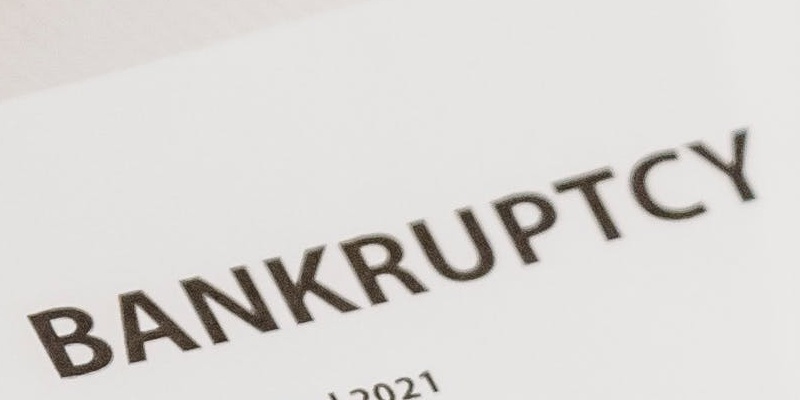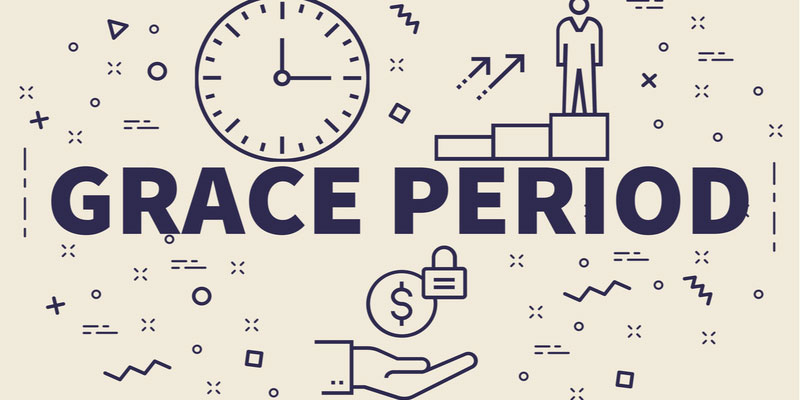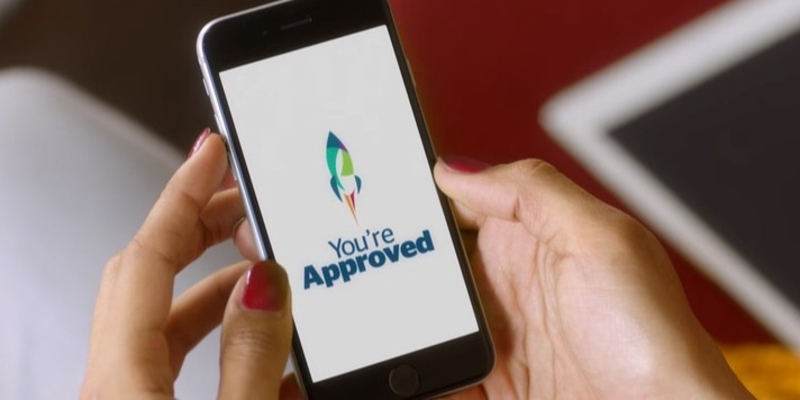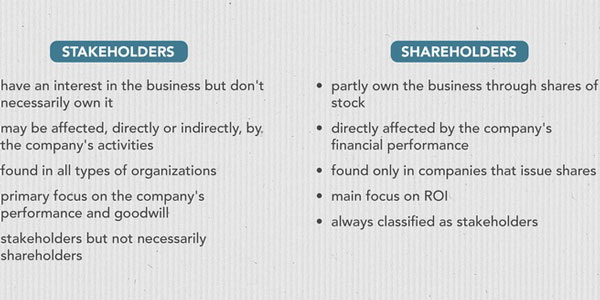For debtors, bankruptcy is a new beginning in terms of finances. When money management options fail, it is the absolute last option. If you are in debt, behind on loan bills, or stressed by debt collectors, bankruptcy can be an alternative. This can quit creditor calls, save you from foreclosure, and appreciably lessen or cast off your declare bankruptcy debt. You shouldn't rush bankruptcy. It damages your credit score financially.
Insolvency lowers your credit score, making future loans harder to get. The type of bankruptcy determines the next steps. Certain situations allow for the elimination or restructuring of unsecured declare bankruptcy debt. After filing for bankruptcy, creditors should stop contacting, suing, or garnishing your wages. Since the process is complicated, legal advice is advised. It may be difficult, but your finances should improve within six months of filing. While more difficult, bankruptcy can help pay off student loans.
When Should You Consider Bankruptcy?
As a major life decision, bankruptcy should be weighed against your financial situation. Sometimes bankruptcy is best:
- If you can't pay off your debts in five years.
- If all debts, including mortgage payments, exceed 40% of income.
- If you're unable to reduce debt despite your efforts.
Check with an expert before declaring bankruptcy—free help from non-profit credit counselors and bankruptcy attorneys. More clearly explain your financial situation and advise whether bankruptcy is best.
Types Of Bankruptcies

Chapter 7 Bankruptcy
Commonly called the liquidation pathway, Chapter 7 financial disaster is the most expeditious and great insolvency. It eliminates responsibilities, including medical care costs, credit card balances, and personal loans, offering comfort to individuals overburdened with unsecured debts and charges. Skills needed include means to test to determine if your income is too low for this bankruptcy chapter.
Also unacceptable are Chapter 7 or Chapter 13 discharges within eight or six years of this. Additionally, when you declare bankruptcy after lawsuit, you will be required to wait if a bankruptcy petition in the preceding 180 days was dismissed for reasons such as non-compliance with court requirements, voluntary withdrawal amidst creditor legal maneuvers, or non-appearance.
Chapter 13 Bankruptcy
Wage earner's plan Chapter 13 bankruptcy offers a three- to five-year debt repayment plan. This solution can help individuals secure valuables or catch up on secured debts. Chapter 13 provides a structured repayment framework that may benefit individuals safeguarding valuable assets or handling secured debts such as mortgage arrears. Conforming to the criteria: In this situation, income stability is non-negotiable. Maintain accurate and current tax records. You must ascertain whether you have initiated Chapter 13 or Chapter 7 proceedings within the last two and four years. Much like Chapter 7, a temporary disqualification applies to any bankruptcy petition dismissed within the previous 180 days for specific reasons.
Chapter 11 Bankruptcy
Seen as the reorganization structure, Chapter 11 bankruptcy is designed primarily for corporations. This approach facilitates the uninterrupted functioning of businesses while they modify their debt structure. This is designed for organizations seeking to maintain business activities while managing their financial challenges systematically. By the eligibility requirements for the remaining chapters, individuals who have had a bankruptcy petition dismissed within the previous 180 days on account of non-appearance, non-compliance, or voluntary withdrawal in the face of creditor legal actions are ineligible.
Filing Process For A Bankruptcy

Getting Ready for Bankruptcy
Preparation is essential before initiating the bankruptcy procedure. Application rejection may result from omitting any of the steps.
Attendance at an initial credit counseling session is required. An alternative to declaring bankruptcy benefits will be discussed during this session, during which a counselor will evaluate your financial situation, offer guidance on budget and debt management and provide recommendations.
Submitting Your Financial Details
Filing bankruptcy requires several documents. Provide income, debt, and asset information along with a bankruptcy petition. In addition, when you declare bankruptcy after lawsuit, you must complete and return a form in preparation for the means test. This form computes whether an individual's income is insufficient to qualify for Chapter 7 bankruptcy.
Those who don't qualify for Chapter 7 should consider Chapter 13. Providing proof of financial hardship can waive the filing fee. The bankruptcy court provides access to the required forms. They can also offer these forms if you retain the services of a bankruptcy attorney, which is a common recommendation.
Engaging with the Bankruptcy Trustee
A trustee is appointed to your case by the court following your petition. An important responsibility of the trustee is coordinating a 341 meeting, which is a gathering of your creditors. The parties with debt against you may inquire about your financial situation and any repayment strategies you may implement during this meeting.
Based on the information submitted, a bankruptcy judge will render the final decision in your case. You could incur legal repercussions in addition to possible case dismissal if the court develops suspicions regarding asset concealment or other fraudulent undertakings unless your case is exceptionally complex; typically, an appearance before the judge is not mandatory.
Completing the Debtor Education Course
After bankruptcy, debtor education is required before discharge. Finance and budgeting are covered in this class. Attestation of course attendance is needed in the form of a certificate. The bankruptcy court or the Justice Department may obtain approved course providers.
A Chapter 7 bankruptcy filing will discharge all debts if the court approves. An installment schedule will be established for Chapter 13 debt. Creditors lose the right to demand payment from you once your debts have been satisfied.
Effects of Bankruptcy
The effects of bankruptcy last longer than a year. If one has a high salary, no benefits, and more than £20 in discretionary cash, they may have to pay the official receiver monthly for three years. Income payment arrangements repay more debt.
Additionally, personal insolvency leaves a six-year credit report mark. Getting a mortgage or loan application is difficult at this time. Landlords may end tenancies without warning. Insolvency with mortgage payments or property liquidation to pay debts might lead to foreclosure. Your credit score may suffer, making renting or buying a home hard.
Declaring bankruptcy benefits may render certain professions untenable, particularly those in the financial and legal industries. Financial problems are also revealed. A bankruptcy registration makes one's financial condition public. Your immigration status may be difficult. Given the serious consequences, debt professionals should be contacted before declaring bankruptcy. Citizens Advice and StepChange provide free, thorough advice. They will confidently explain your position and provide alternatives to bankruptcy if necessary. Also provided is a detailed bankruptcy explanation. StepChange's online tool is initially useful.







